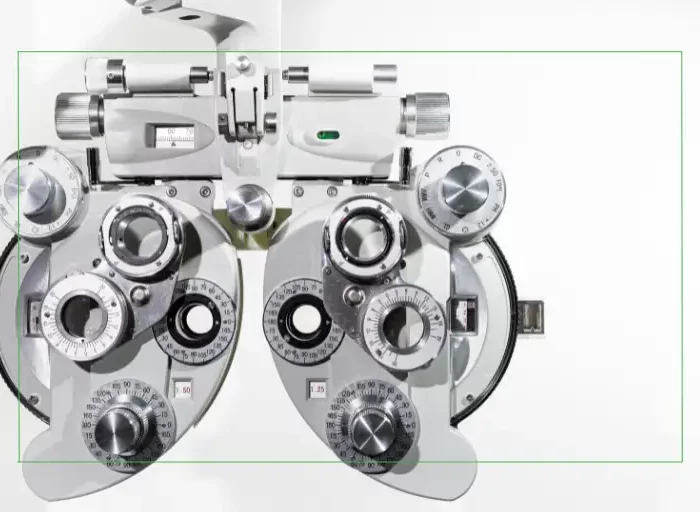LASIK surgery is often hailed as a modern miracle, providing individuals with clear vision and freedom from glasses or contacts. But what exactly goes on during this procedure, and how does laser technology reshape the cornea? In this blog post, we’ll delve into the science behind LASIK. We will explore the intricate process of corneal reshaping and the innovative laser technology that makes it possible.
Understanding the Cornea
The cornea is the transparent outer layer of the eye that plays a critical role in focusing light onto the retina. Since irregularities in the shape of the cornea can lead to refractive errors such as nearsightedness, farsightedness, and astigmatism. LASIK surgery aims to correct these refractive errors by reshaping the cornea, improving its ability to refract light and produce clear vision.
The LASIK Procedure
During LASIK surgery, precise laser technology is used to reshape the cornea, allowing light to focus properly on the retina. The procedure typically involves the following steps:
- Corneal Flap Creation: A thin flap is created on the surface of the cornea with a femtosecond laser. This flap is then lifted to expose the underlying corneal tissue.
- Corneal Reshaping: An excimer laser is used to precisely remove small amounts of corneal tissue, reshaping its curvature to correct the refractive error. This step is customized to each patient’s unique prescription and desired outcome.
- Flap Replacement: Once the cornea has been reshaped, the corneal flap is carefully repositioned and left to adhere naturally without the need for stitches.
The Role of Laser Technology
Laser technology is at the heart of LASIK surgery, by providing unmatched precision and accuracy in corneal reshaping. The excimer laser used in LASIK surgery emits a cool ultraviolet beam, allowing for controlled tissue removal with minimal damage to surrounding structures. Finally, this level of precision ensures predictable outcomes and enhances the safety and efficacy of the procedure.
Ideal Candidate for LASIK
Are you wondering if LASIK is right for you? Here are some questions to consider:
- Do you have stable vision for at least one year?
- Are you in good overall health, free from eye conditions such as glaucoma or cataracts?
- Do you have realistic expectations about the outcomes of LASIK surgery?
- Are you looking for a long-term solution for your vision correction needs?
If you answered yes to these questions, you may be an ideal candidate for LASIK surgery. However, it’s essential to undergo a comprehensive eye examination and consultation with an experienced ophthalmologist to determine candidacy and discuss your options.
Contact Us for a Consultation
If you’re interested in learning more about LASIK surgery and whether it’s the right option for your vision needs, contact us at the Filutowski Eye Institute. With three convenient locations across Florida in Daytona Beach, Lake Mary, and Orlando, our team of skilled ophthalmologists are here to provide personalized care and guidance throughout your LASIK journey.
Experience the science of clear vision with LASIK at the Filutowski Eye Institute by scheduling your consultation today!
#TheFilutowskiEyeInstitute #LASIKScience #FloridaLASIK #ClearVisionFL #LASIKinOrlandoby








